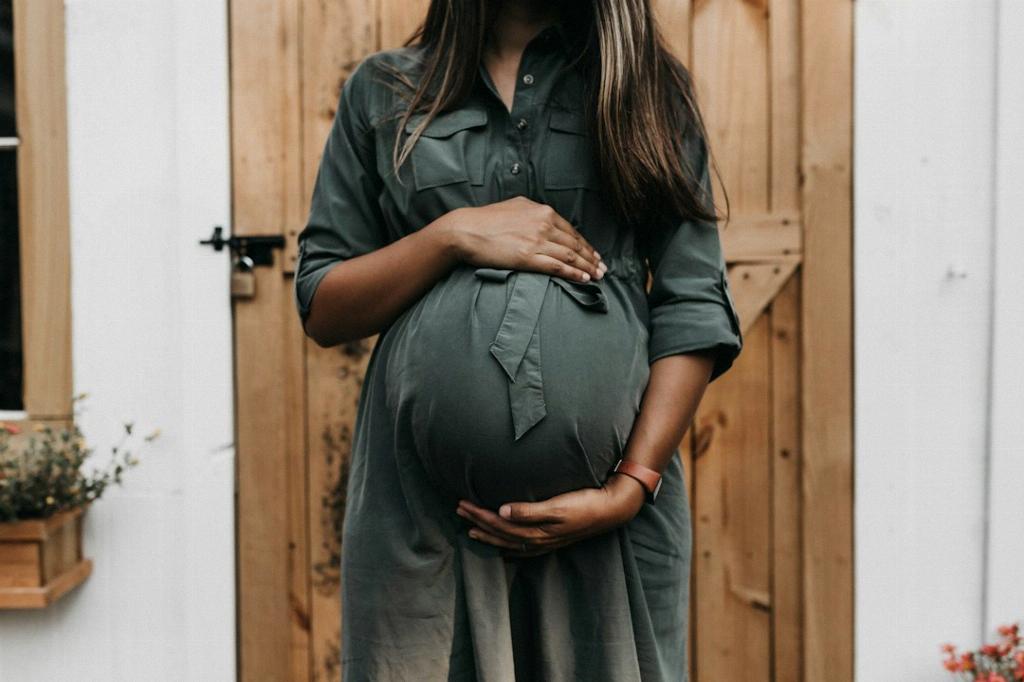When it comes to taking a pregnancy test at 14 days past ovulation (DPO), the accuracy of the results can be a bit of a mixed bag. This is because at 14 DPO, the levels of the hormone hCG (human chorionic gonadotropin) may or may not be high enough to be detected by a home pregnancy test. The accuracy of the test largely depends on the sensitivity of the test and the individual’s hCG levels at that particular point in time.
Factors Affecting Accuracy
The accuracy of a pregnancy test at 14 DPO can be influenced by various factors such as the sensitivity of the test, the time of implantation, individual hCG levels, and the timing of the test. Some tests are more sensitive than others and can detect lower levels of hCG, leading to earlier positive results. However, even with highly sensitive tests, there is still a possibility of receiving a false negative result if hCG levels are too low to be detected.
Sensitive Tests and Early Detection
Some highly sensitive pregnancy tests on the market can detect hCG levels as low as 10 mIU/mL, allowing for early detection of pregnancy even before a missed period. These tests are designed to provide accurate results sooner than traditional tests, offering women the convenience of knowing their pregnancy status early on in the process.
Potential for Inaccuracy
While it is possible to get an accurate positive result on a pregnancy test at 14 DPO, there is also the risk of receiving a false negative result. This could be due to implantation occurring later than expected, resulting in lower hCG levels at the time of testing. In such cases, waiting a few more days and retesting may yield a different outcome.
Timing and Patience
It’s important to remember that timing plays a crucial role in the accuracy of a pregnancy test. Testing too early, such as at 14 DPO, may not always provide definitive results. It’s recommended to wait until after a missed period to ensure the highest level of accuracy. However, if you simply can’t wait, opt for a highly sensitive test for the best chance of an accurate result.
Consulting a Healthcare Professional
If you’re unsure about the results of a home pregnancy test or if you’ve received conflicting results, it’s advisable to consult with a healthcare professional. They can perform a blood test to measure your hCG levels more accurately and help confirm whether or not you’re pregnant.
Managing Expectations
It’s essential to manage your expectations when it comes to taking a pregnancy test at 14 DPO. While some women may receive accurate results at this stage, others may need to wait a bit longer for more reliable results. Remember that every woman’s body is different, and the accuracy of a pregnancy test can vary from person to person.
The Emotional Rollercoaster
Waiting for the results of a pregnancy test can be an emotional rollercoaster for many women. The anticipation, uncertainty, and excitement can all take a toll on your mental health. It’s crucial to practice self-care during this time and to reach out to loved ones or support systems for guidance and reassurance.
Considering Other Symptoms
In addition to taking a pregnancy test, it’s also essential to pay attention to other early signs and symptoms of pregnancy. These may include fatigue, nausea, breast tenderness, and frequent urination. While these symptoms can be indicative of pregnancy, they are not definitive proof. Consulting with a healthcare provider is the best way to confirm a pregnancy.
Empowering Women with Knowledge
By understanding the factors that influence the accuracy of a pregnancy test at 14 DPO, women can make more informed decisions about when and how to test for pregnancy. Empowering women with knowledge about their bodies and the testing process can alleviate anxiety and provide a sense of control during what can be a highly emotional time.
Final Thoughts
In conclusion, the accuracy of a pregnancy test at 14 DPO can vary depending on a variety of factors. While some women may receive accurate results early on, others may need to wait for more definitive results. It’s essential to consider the sensitivity of the test, individual hCG levels, and timing when deciding when to take a pregnancy test. Patience, self-care, and seeking medical advice when needed are key components of navigating the early stages of pregnancy testing.

